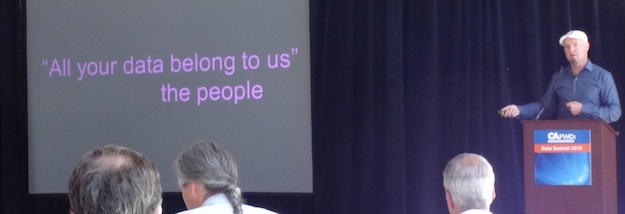Tacoma gets a competing offer for its muni broadband system
![By Super Rad! (Own work) [CC BY-SA 3.0 (https://creativecommons.org/licenses/by-sa/3.0)], via Wikimedia Commons](https://www.tellusventure.com/images/2015/4/tacoma_skyline.jpg)
Another company has joined the bidding to take over the City of Tacoma’s ageing cable TV and broadband system, aka Click. Rainier Connect, a local cable, telephone and broadband company, says it’ll more or less match the terms offered by Wave Broadband and add a sweetener for Tacoma Public Schools.
Tacoma’s muni system is losing $9 million a year, according to recent reports and will also need extensive upgrade work. Wave stepped in with a proposal to pay the city $2 million a year for 40 or more years, and also invest an additional $1.5 million annually in plant upgrades.… More



![See page for author [CC BY 4.0 (https://creativecommons.org/licenses/by/4.0)], via Wikimedia Commons](https://www.tellusventure.com/images/2015/3/reach.jpg)
![By Minto (Own work) [Public domain], via Wikimedia Commons](https://www.tellusventure.com/images/2015/3/roach.jpg)




